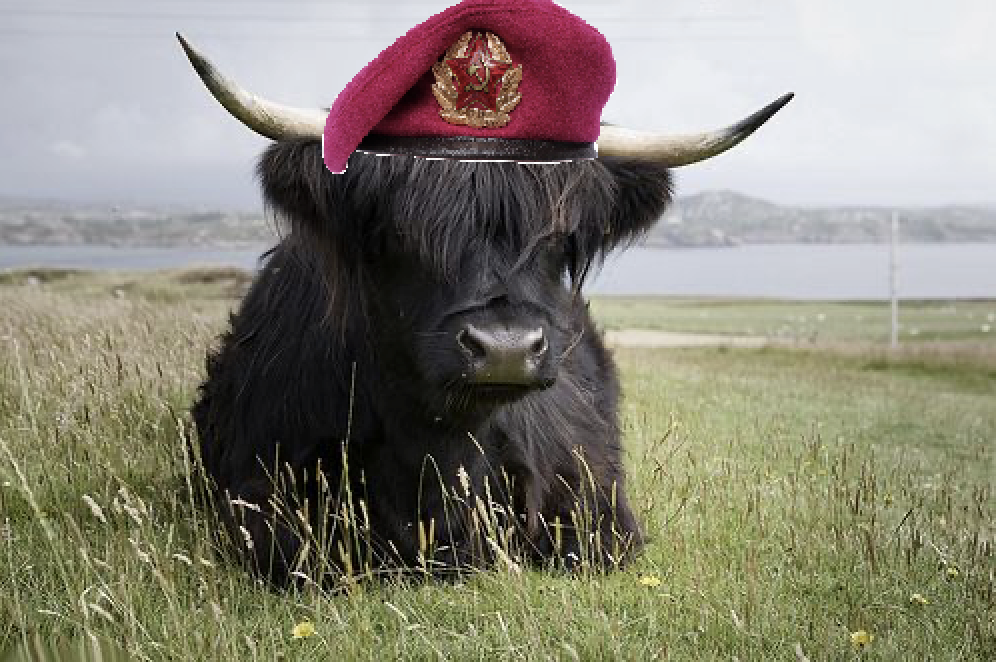How exactly does Juche differ from other Marxist branches? What are the differences? Do Koreans in the DPRK really see the Kim family as “gods” like western documentaries tell? And can someone explain the laying down the flowers in front of the statue thing? I dont really understand it and want to learn about it. Also I learned that the DPRK was way richer than the south in the 70s, but why are people making fun of the nation now because it is alledgedly poorer and had a hunger crisis? I find it disturbing tbh to make fun of people starving.
What I concluded myself is that it has something to do with the war they are still in that has only a truce but never really ended.
Juche is an separated ideology from Marxism-Leninism. It was created by Kim Il-sung to serve early on as an application of ML to the Korean reality, but later it became its own ideology. In the 1972 Constitution, it replaced ML as the country’s official ideology (with all mentions to Marxism-Leninism in the Constitution being removed in 1992). I’m not well-versed enough to talk about the philosophy of Juche, but it doesn’t seems very materialistic (as in dialectical materialism) to me.
https://youtube.com/@defendkorea aka NatalieRevolts on twitter is a well of knowledge when it comes to DPRK and Juche and will be able to answer questions or point to good sources if you’re interested in learning more.
According to the book, Juche Idea: Answers to the Hundred questions:
The Juche idea is, in a word, an ideology that the masses of the people are the master of the revolution and construction and they have the strength to push them. In other words, it is an ideology that man is the master of his destiny and he has the power to carve out his destiny.
The second question regarding the difference between other Marxists branches could be somewhat answered with this explanation from the book above:
Fundamentally different from other previous philosophies, the Juche idea is based on the man-centered philosophical principle and shows the most correct way for carving out man’s destiny.
About your third question, the answer is No. They view them as great leaders that earned their people’s respect. If you want to check how the DPRK citizens view the Kim family, you can just view their news reports in and how they speak about their leader http://vok.rep.kp/index.php/home/main/en . That website supports plenty of languages including German, Spanish and English. They usually call them respected leader and comrade.
About the DPRK suffering a hunger/poverty crisis, it was true after the illegal dissolution of the USSR and the sanctions imposed by the United States on the DPRK. Hunger and starvation were quite common in the 1990s, but that was more than 20 years ago. Today, North Korea’s nutrition rate and low mortality rate are well above the Asian average thanks to state subsidies, good organizations and a strong healthcare system. Life expectancy is higher than that of the vast majority of Asian countries, and is even on par with that of wealthier, embargo-free nations.
Regarding people making fun of the DPRK, this is actually something promoted by the western media and their culture to reduce solidarity for the oppressed. Basically, through anticommunist propaganda, they license people a false sense of superiority against AES like the DPRK. In Latin America, we see the same with our Cuban and Venezuelan brothers and sisters.
Anyway, you can check the following accounts and/or ask them these questions as well for a better view on the DPRK today:
https://xcancel.com/Fekerfanta
https://xcancel.com/JustCherry__
If you also need books about the Juche Idea, let me know and I can share with you a drive that has plenty of useful books. Hope I didn’t miss any of your questions!
https://en.prolewiki.org/wiki/Juche
The dialectial movement of history doesn’t happen by random chance. To make dialectics complete, it needs a trigger . This is where, juche says, Man intervenes consciously. It centers people and consciously applies marxism to them.




